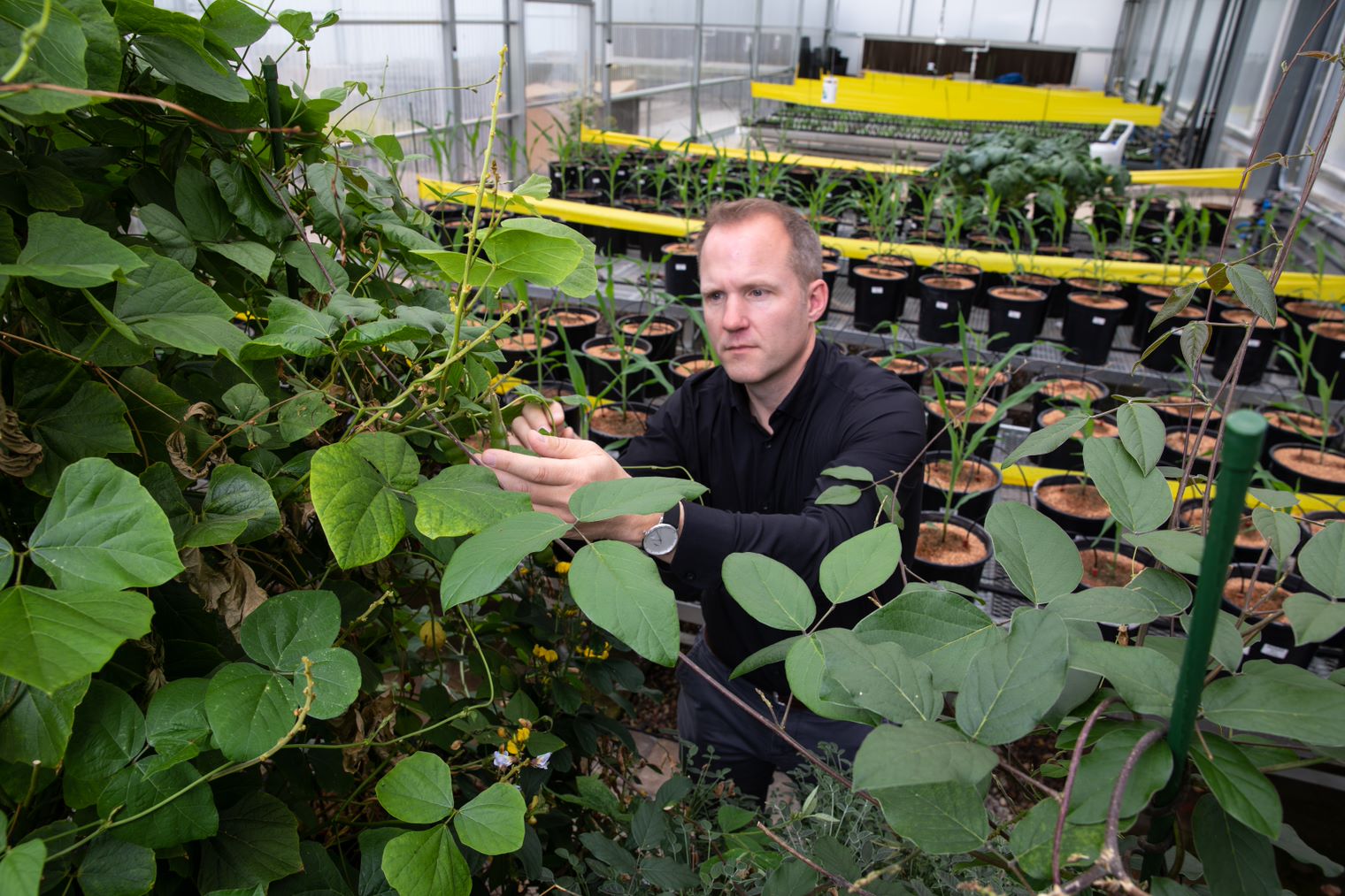Iron is essential for plant growth, but soils can become toxic with too much or excess iron. In the last two decades, plant scientists have attempted to uncover the genes responsible for iron tolerance. However, they remained elusive until recently when scientists from the Salk Institute for Biological Studies found a gene called GSNOR, a major genetic regulator of iron tolerance.
Elevated soil iron levels cause direct cellular damages in plants such as rice. Excess iron harms fats and proteins and decreases the ability of roots to grow. However, some plants have inherent tolerance to high iron levels. The scientists tested a number of Arabidopsis strains, to observe if there was natural variation in iron resistance. Some of the plants showed tolerance to iron toxicity, so the researchers used genome-wide association studies (GWAS) to locate the responsible gene. Their analyses identified the gene GSNOR as the key to enabling plants and roots to grow in iron-heavy environments.
The researchers also found that iron tolerance is related to the activities of nitric oxide, a gaseous molecule which plays a role in plant response to stress. High levels of nitric oxide induced cellular stress and impaired the plant roots’ tolerance for elevated iron levels. The researchers observed this occurred when plants did not have a functional GSNOR gene and concluded that GSNOR likely plays a central role in nitric oxide metabolism and regulates the plants’ ability to respond to cellular stress and damage.
For more details, read the article in Salk News.













